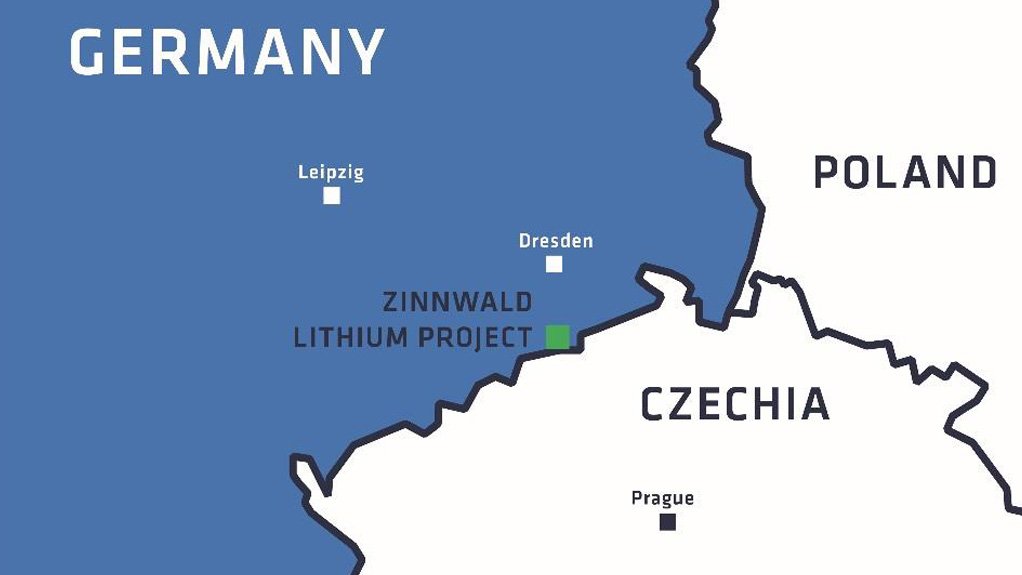JOHANNESBURG (miningweekly.com) – Aim- and TSX-V-listed Bacanora Minerals has been awarded a 30-year mining licence for its 50%-owned Zinnwald lithium project in southern Saxony, Germany, where a feasibility study is under way.
The feasibility study is expected to be completed in mid-2019 and will seek to demonstrate the economic viability of producing higher value downstream lithium products for the European battery and automotive sectors.
The Zinnwald project is located in a previously mined granite hosted tin/tungsten/lithium belt. Recent testwork has shown that a number of downstream lithium products can be produced from Zinnwald ores, using chemicals and infrastructure available in the Dresden area.
Bacanora CEO Peter Secker said on Wednesday that various workstreams of the feasibility study were well advanced.
The company reported that a resource infill drilling programme to upgrade the existing resource model in accordance with National Instrument 43-101 was under way, with four of 15 planned holes having been completed. The remaining holes were schedule for completion in January.
In terms of metallurgical testwork, material obtained from a 100-t bulk ore sample from the legacy mine at Zinnwald had been sent to laboratories in Germany. Grinding, magnetic separation and concentration testwork programmes would be carried out over the next four months to develop a final flowsheet to produce lithium-rich concentrate.
On completion of the concentration testwork, hydrometallurgical testwork for downstream processing would be undertaken, focusing on the production of higher value lithium battery chemical products.
Bacanora currently has a 50% interest in, and joint operational control of, the project, with an option to acquire the remaining 50% from solar panel manufacturer SolarWorld, which filed for bankruptcy protection earlier this year.
Secker said that the Zinnwald project complemented Bacanora’s flagship lithium project, Sonora, in Mexico.
A feasibility study at Sonora is due for completion by the end of the year. The study focuses on an initial operation capable of delivering 17 500 t/y of high quality battery-grade Li2CO3, followed by an expansion to 35 000 t/y of Li2CO3.
Edited by: Creamer Media Reporter
EMAIL THIS ARTICLE SAVE THIS ARTICLE
ARTICLE ENQUIRY
To subscribe email subscriptions@creamermedia.co.za or click here
To advertise email advertising@creamermedia.co.za or click here













